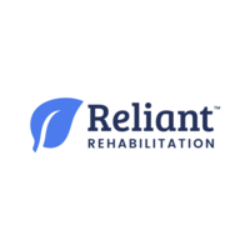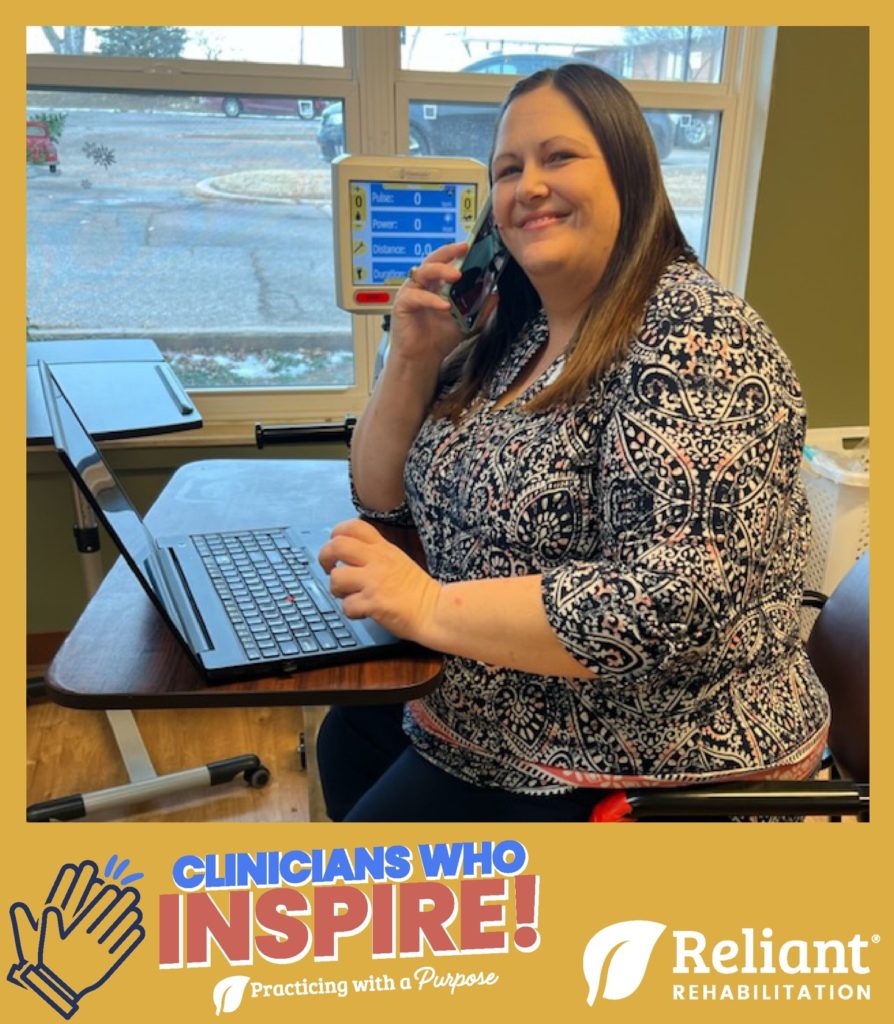At Reliant, we are excited for another year of partnering with our customers to ensure that no matter the environment or the obstacles we encounter, the needs of our residents remain the number one priority. We have a great opportunity to unite forces, growing together, to improve the lives of our residents and empower our team members in the process.
What better way to ensure resident needs are being met than collaborating the development of quality assurance performance improvement (QAPI) activities with the staff that are in direct contact with the residents? QAPI is how we respond to areas identified as needing attention or that are found to be high priority based on needs of the resident and/or facility assessment. By proactively identifying areas of opportunity, our teams can unite and affect meaningful and lasting change.
Let’s take time to QAPI our QAPI programs! Are the current processes effective? It is important to continuously review and update our QAPI programs to reflect our goal to not only meet the standards laid out in the Requirements of Participation (RoP), but to exceed these guidelines and aim for higher quality care for our residents. By including all team members as active participants in quality improvement, we create an environment that prioritizes involvement and value ensuring that we GROW through what we go through TOGETHER.
TIPS TO ENSURE YOUR QAPI PROGRAMMING IS EFFECTIVE:
- Develop a method to track, investigate, and prevent recurring adverse events.
- Learn from your peers’ successes and obstacles.
- Create quality targets.
- Ensure a process is in place to receive, investigate, and process improvement for complaints/concerns.
- Consider feedback from direct care staff, residents, and resident representatives.
- Engage staff in your facility’s QAPI mission by offering training of strategies and tools.
- Receive feedback from residents to improve the safety of the environment.
- Consider the residents’ personal goals for health, quality of life, and daily activities.
- Utilize data to identify quality problems and opportunities for improvement, and then set priorities for action.
- Develop Performance Improvement Project (PIP) teams with specific tasks.
- Perform Root Cause Analysis (RCA) to get to the REAL reason for the problem.
- Develop a system of promoting and asking for continuous feedback.
- Have a written/documented plan that includes steps necessary to identify, implement, and sustain improvements in all departments.
- Monitor systems and processes to sustain and promote a ‘culture of quality’ for continuous improvement.
WAYS THERAPY CAN ASSIST WITH QAPI PROGRAMMING:
- Routinely screen through direct observation and conversations with the resident/resident representative or caregiver.
- Request facility reports such as MDS 3.0 Resident Level Quality Measure Reports, CMS 802 Form, ADL flow charts, etc.
- Track residents utilizing splints to ensure consistent application and intact skin integrity.
- Track residents with contractures or those at risk to ensure range of motion is being addressed as frequently as possible using natural opportunities.
- Track residents with modified diets or liquids to ensure diet recommendations continue to be appropriate, allowing for patient to maintain nutrition, hydration, and quality of life.
- Communicate timely and effectively including the presence of subtle signs and symptoms or care planning updates.


